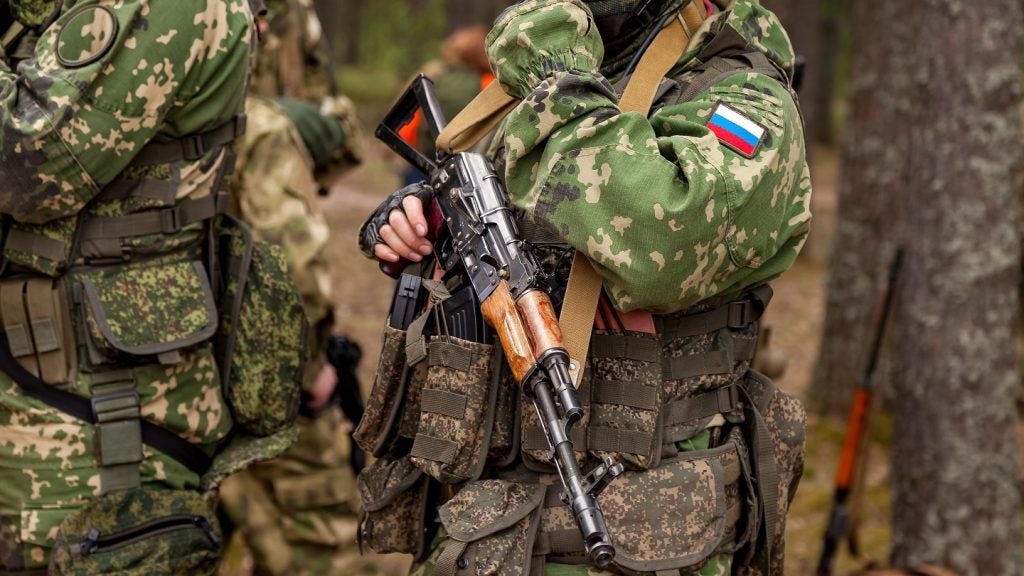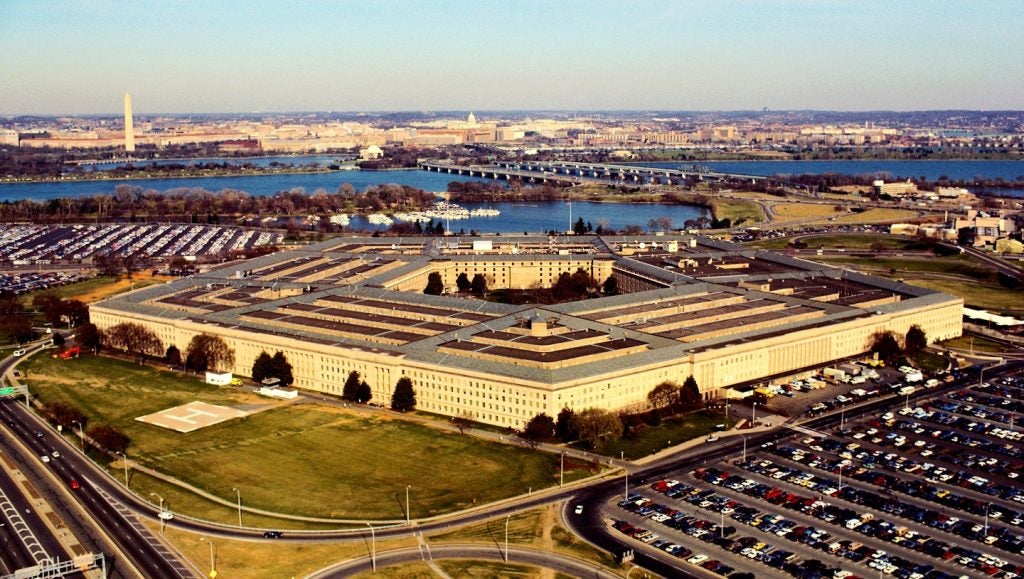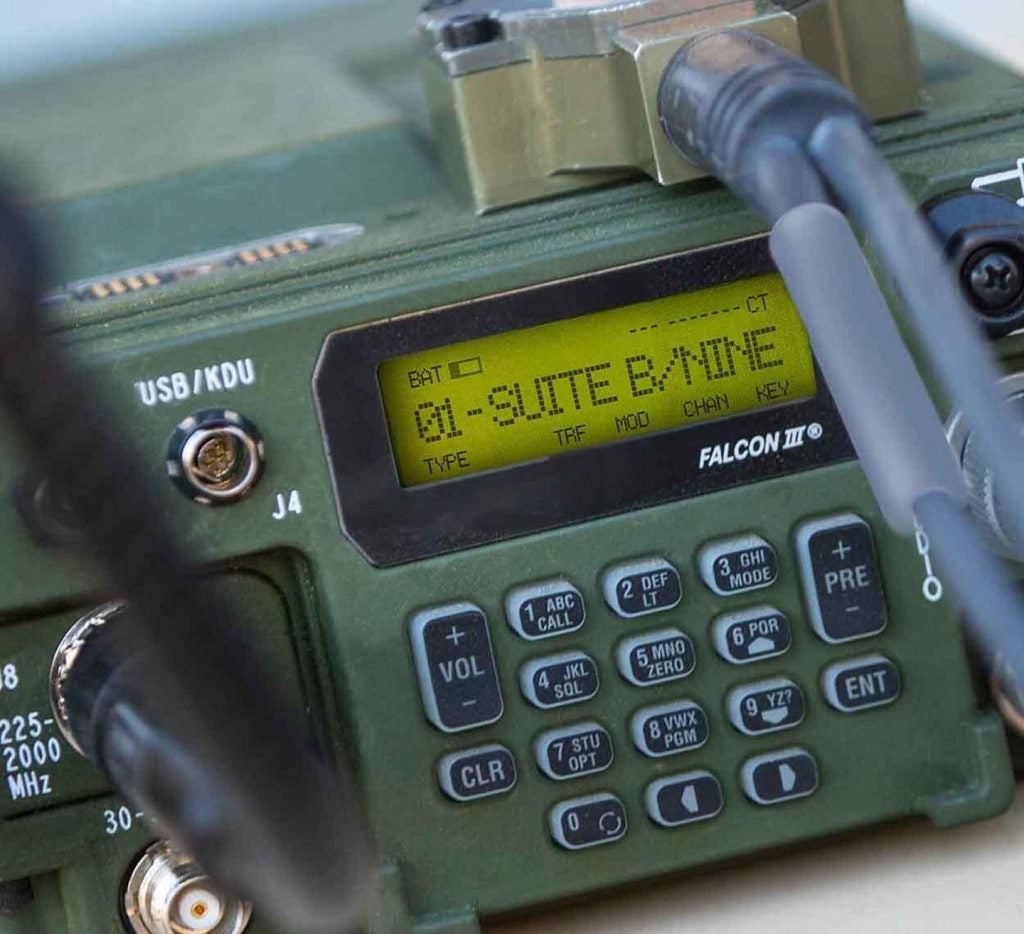Russia’s President Vladimir Putin is a “prisoner of his own making” as the war in Ukraine nears its entry into 2024 – some 21 months since the invasion – with nearly 40% of Russian public expenditure focused on defence, according to the UK Chief of Defence Staff, Adm Tony Radakin.
Delivering his annual speech at the Royal United Services Institute (RUSI) in London on 13 December, Radakin said that Putin, compounding “his first catastrophic mistake” in invading Ukraine, was “now making his second calamitous blunder” as the Russian economy is being increasingly bent towards servicing military requirements.
“Nearly 40% of all Russian public expenditure is being spent on defence,” said Radakin. “That is more than the aggregate of health and education, and the last time we saw these levels was at the end of the Cold War and the collapse of the Soviet Union.”
Listing personal consequences for Putin as a result of Russia’s invasion, Radakin said the Russian president was “wanted by the International Criminal Court” and had suffered “the shock and humiliation” of an attempt coup in June by the then head of the Wagner private security group, Yevgeny Prigozhin.
Prigozhin was among a number of individuals who were killed after a business jet in which he was travelling crashed in flight over Russia in August, amid suspicions that the incident was not accidental.
In addition, Radakin said that the Russian Black Sea Fleet had been “scattered”, while Crimea, which was annexed by Russia from Ukraine in 2014, was “no longer safe” in reference to long-range missile strikes carried out on military and infrastructure targets by Ukrainian forces.
“[President Vladimir Putin] has to keep 400,000 troops in Ukraine to hold on to what he has taken. He cannot order a general mobilisation - at least not ahead of next year’s election - for fear of how his own people will respond,” Radakin stated.
Russian defence spending pre-Ukraine invasion
According to GlobalData analysis, Russia’s defence budget was originally predicted to value $43.1bn in 2022 and anticipated to be trimmed down to $41.2bn in 2023. Forecasts showed a relatively flat trajectory to reach $44.1bn in 2027.
However, tensions resulting from Russia’s annexation of Crimea and low-level, grey operation warfare in eastern Ukraine – which eventually culminated in the February 2022 invasion – saw the previous plans to manage defence spending scrapped, with aspirations to boost spending by more than $6bn in 2021.
Analysis indicated that the 2022 budget was also increased, from a forecast $43.5bn to $47.3bn.
However, since the invasion, and the inability to rapidly enforce regime change in Kyiv, defence spending is thought to have rocketed, with Putin’s legitimacy now closely aligned with the outcome of the war in Ukraine.
2024: a pivotal year in Ukraine
While 2023 pointed towards a solidification of frontlines running the entire breadth of eastern Ukraine and fighting in which hundreds of thousands of been killed, troubles in 2024 for Ukraine and its Western backers could have a defining impact on the war.
A key US presidential election in 2024, in which an expectant former president Donald Trump could win the Republican candidacy, could result a vastly different approach to the economy and military support that the Democratic administration of President Joe Biden has committed, amounted to more than $44bn so far.
Difficulties in passing a supplementary defence budget in support of Ukraine, blocked by Republican lawmakers in Congress, and the impending ending of available funding under the Presidential Drawdown Authority, could mean Ukraine is starved of much-needed funding and equipment support.
The European Union, while aspiring to take a leading stage in Ukraine, is still heavily dependent on the US military industrial complex for the materiel its and member states’ contributions.
Hungary, an EU member state with close ties to Russia, also moved to block an EU funding package being proposed for Ukraine.











